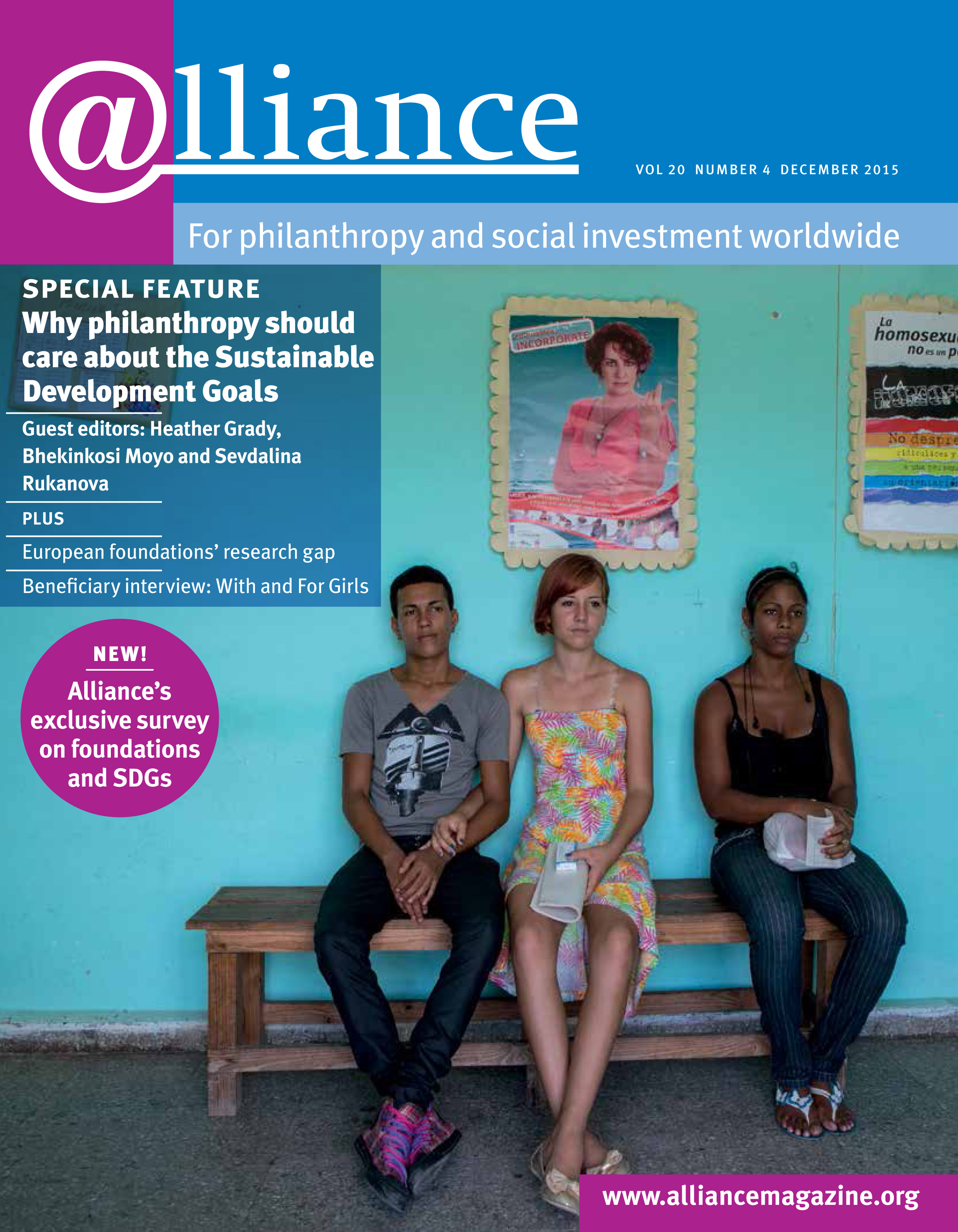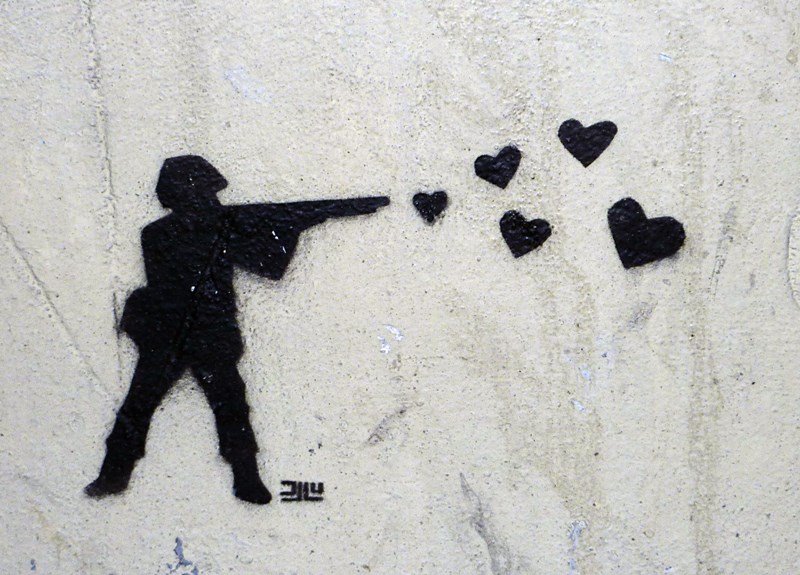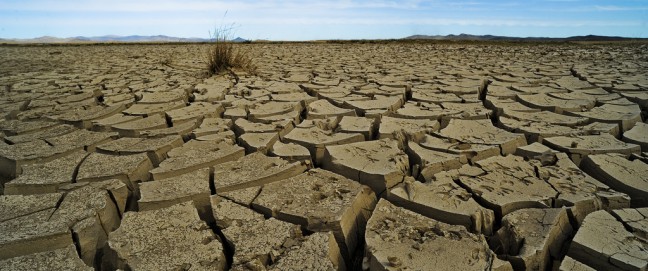Recent United Nations and World Bank reports have highlighted that almost no fragile or low-income country has met MDG targets.
This fragility is widespread, with the Institute for Economics and Peace (IEP) finding that 2 billion people live in the 20 least peaceful countries. Meanwhile, the global economic impact of violence reached $14.3 trillion last year, further highlighting the effects of violence on development.
‘The inclusion of Goal 16 should be welcomed as a major turning point, formalizing the role of peace in the wider economic and social development agenda.’
The SDGs include a goal on peace – Goal 16 – that reads: ‘Promote peaceful and inclusive societies for sustainable development, provide access to justice for all and build effective, accountable and inclusive institutions at all levels’. The inclusion of Goal 16 should be welcomed as a major turning point, formalizing the role of peace in the wider economic and social development agenda.
However, while Goal 16 specifically addresses peace and violence prevention, all the SDGs play a role in supporting a more peaceful and equitable global society. The SDGs goals support what IEP would consider positive peace:
- Negative peace is the absence of direct violence, which is addressed directly in Goal 16 and its targets focused on reducing deaths related to violence, reducing illicit arms and financial flows, increasing access to responsive institutions, and boosting developing countries’ roles in managing global peace building.
- Positive peace, on the other hand, is the set of attitudes, institutions and structures that sustain peaceful societies. While Goal 16 includes some of these, such as access to security and justice, transparent and accountable government and public participation in decision-making, the other SDGs are critical for positive peace. We know that peace is not sustainable when people lack access to food and decent employment.
One of the most pressing challenges that policy- makers and donors face in implementing the SDGs is finding reliable measures for goals and targets. To address the issues intrinsic to emerging development challenges requires increased complexity. As complexity goes up, it becomes even more important to identify the data necessary to measure progress over time. But such data is expensive and hard to come by.
‘In many instances, the countries where the greatest improvement in the SDGs is needed have the worst data, along with a lack of statistical know-how to improve it.’
While some data exists to measure some of the SDGs, the comparability and quality varies. Investment in raising the capabilities of governmental and third party data producers is key. In many instances, the countries where the greatest improvement in the SDGs is needed have the worst data, along with a lack of statistical know-how to improve it.
Standardization practices are needed to facilitate meaningful comparison between countries and over time. Data collections need also to include common understanding of, and the ability to disaggregate by, gender, ethnicity, religion, caste lines, disadvantage, and marginalization. This would allow for data to provide information on inequalities, which can have a large impact on the vicious cycle of violence and the virtuous cycle of peace.
The SDGs have the potential to be transformative. With well-designed targets, the UN and stakeholder governments can measure their progress towards developing safe and just societies. However, focusing on all of the SDGs can take peace further, supporting positive peace by increasing economic opportunity, education for all and quality of health. The challenge for the global community now is to find and fund the collection of the right data to measure progress and begin the process of using them to make the 21st century more peaceful, just and prosperous for all.
Steve Killelea is founder and executive chairman and Camilla Schippa is director of the Institute for Economics and Peace. Emails skillela@economicsand peace.org; cschippa@economicsand peace.org
Main image: A woman dances during the event to commemorate 16 Days of Activism against Gender Violence, organized by UNAMID Gender Unit in El Fasher, North Darfur. The event intends to raise awareness in communities about gender violence and its implications for communities, women and girls’ lives and livelihood. Goal 16 specifically addresses peace and violence prevention, but all the SDGs play a role in supporting a more peaceful and equitable global society. Credit: UNAMID Photo.





Comments (0)